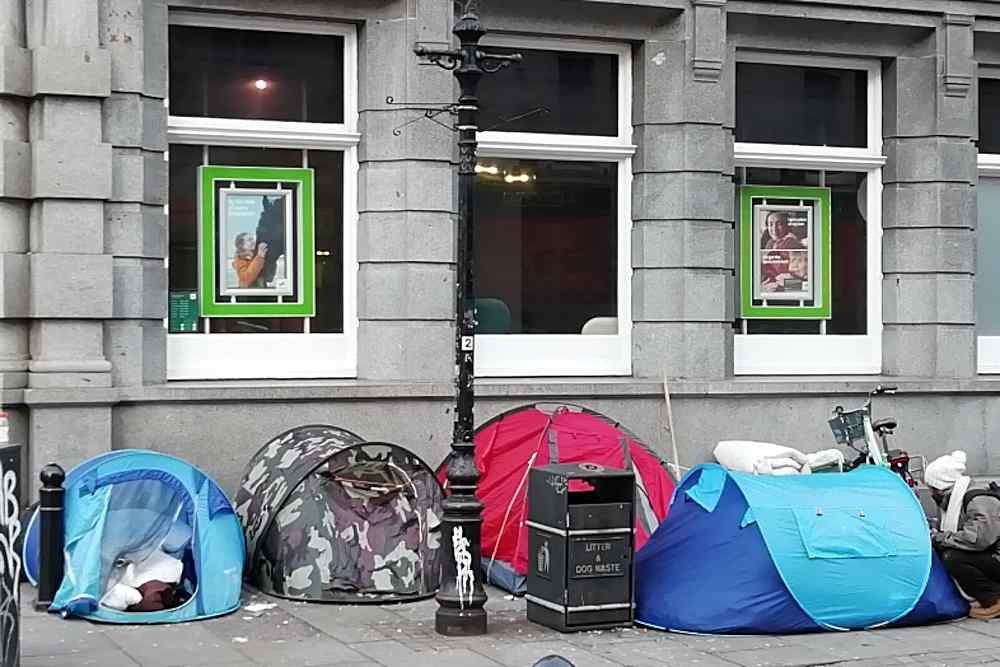
Former rough sleepers in Brighton and Hove who were housed under the “Everyone In” programme during the first national coronavirus lockdown will be provided with housing for a further seven months.
Brighton and Hove City Council said on Wednesday 17 March that it would also house those at risk of rough sleeping until Monday 21 June, when the current restrictions are expected to end.
Since the Everyone In programme started a year ago, the council has found accommodation for 369 people and moved 220 of them into long-term housing, it said yesterday.
Under the programme, those housed also included people staying in hostel dormitories who were moved into individual rooms to try to prevent the spread of covid-19.
The cost of housing rough sleepers until the end of October this year is expected to cost almost £3 million, including security, support and, where necessary, food.
A report before the Housing Committee on Wednesday (17 March) said that, without funding from the “Contain Outbreak Management Fund”, the council would face a £2 million spending “pressure”.
It also said that the council needed to prevent homelessness and reduce the number of people in temporary housing such as hotels as the pandemic eased or the costs would add to the projected £11 million budget gap for 2022-23.
Assistant housing director Martin Reid said that the council was seeking more money from the government to cover the cost of housing former rough sleepers.
Under the “Next Steps” programme, the council received £3.4 million – the largest amount outside London.
The council received the money after securing long-term housing for 40 per cent of the people who had been temporarily housed under the "Everyone In" policy.
Mr Reid said that the council was continuing to house those at risk of rough sleeping – something that neighbouring councils such as Adur, Worthing, Lewes, Crawley, Eastbourne and Hastings had already stopped.
He also said that the council’s home purchase policy had been expanded and included 30 properties that were being used for the “Housing First” programme.
Mr Reid said that 52 people had moved into private rented homes and the council was working with landlords to find more homes for former rough sleepers and those at risk of rough sleeping.
The committee was told that the council’s latest street sleeper count, last carried out in January, found nine people sleeping rough.
Green councillor David Gibson said:
“We are doing quite well in moving people on and finding accommodation for those that we have in the first phase of the pandemic.
“But these people are being replaced by an equal or even slightly larger number because we are housing people who are at risk of rough sleeping.”
He said that work was needed to “get our prevention up to full speed”.
Labour councillor Peter Atkinson warned that from the end of May, when the ban on evictions was due to end, the number of homeless people was likely to rise.
Mr Reid said that at this stage he did not know how many people would be at risk of homelessness from May.
He said:
“The biggest source of homelessness is the loss of private rented accommodation.
“What we have done is write to private rented sector landlords and asked them to talk to us, to not take forward any evictions and liaise with us to find what homeless prevention measures we can put in place to support them to maintain their clients in accommodation.
“If they have accommodation they can offer, we want to work with them to enable us to offer that accommodation to people we need to house.”

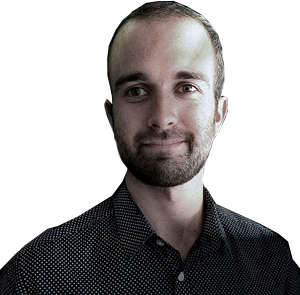
 Man Admits To Damaging Cars In Bognor
Man Admits To Damaging Cars In Bognor
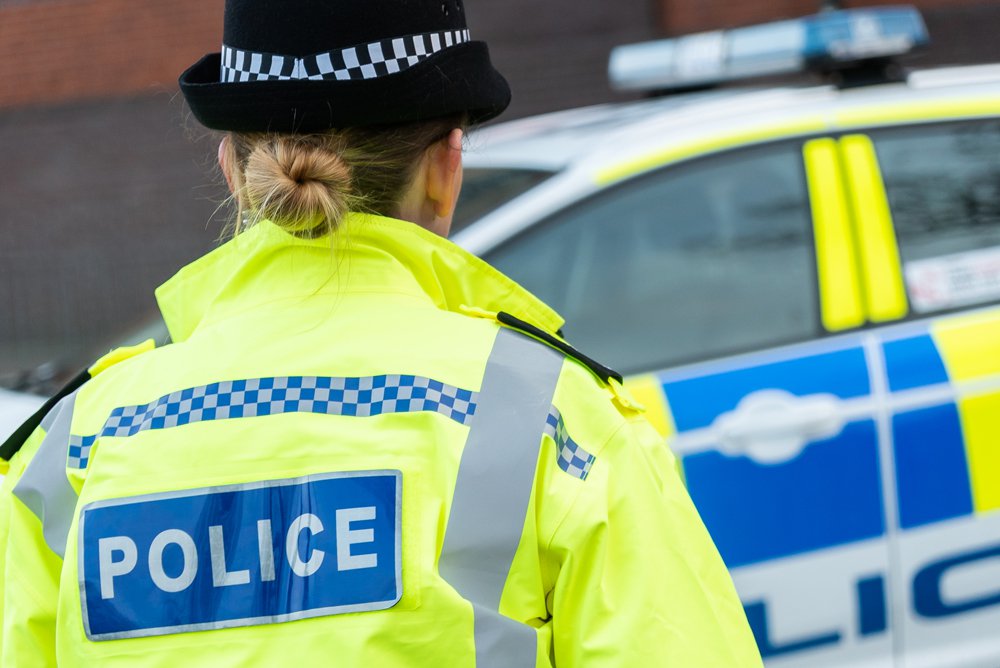 Two Men Arrested In Connection With Brighton Rape
Two Men Arrested In Connection With Brighton Rape
 Appeal Following Assault In Horsham Shop
Appeal Following Assault In Horsham Shop
 Appeal After Arson At Gym In Burgess Hill
Appeal After Arson At Gym In Burgess Hill
 Two Men Sought In Connection With Brighton Rape
Two Men Sought In Connection With Brighton Rape
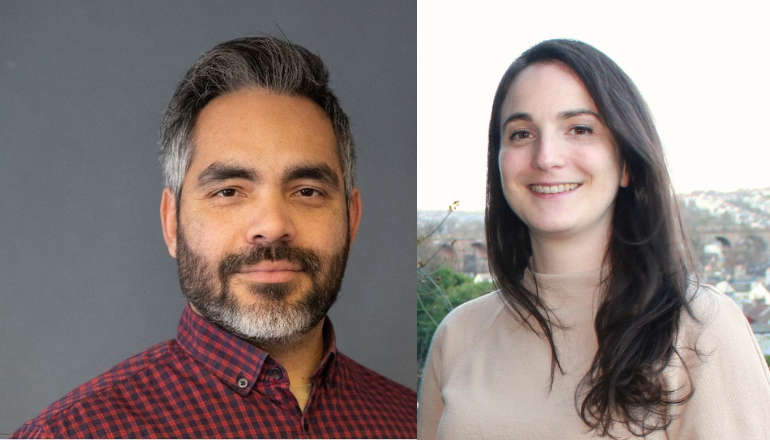 Councillors Support Baby Box Partnership With Charities
Councillors Support Baby Box Partnership With Charities
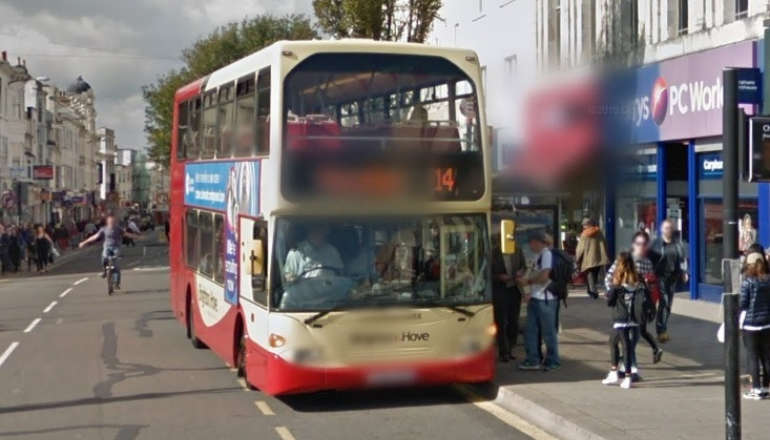 Brighton And Hove Bus Fare Cap Bid Foiled By Cost
Brighton And Hove Bus Fare Cap Bid Foiled By Cost
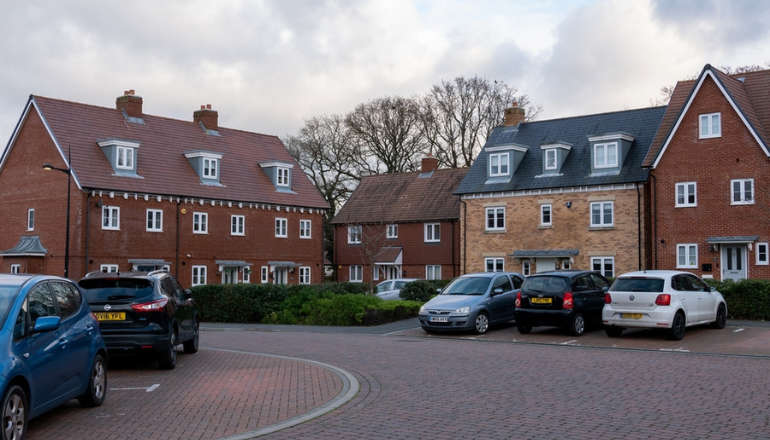 New Medical Centre Scoping Exercise Agreed By Wealden Council
New Medical Centre Scoping Exercise Agreed By Wealden Council
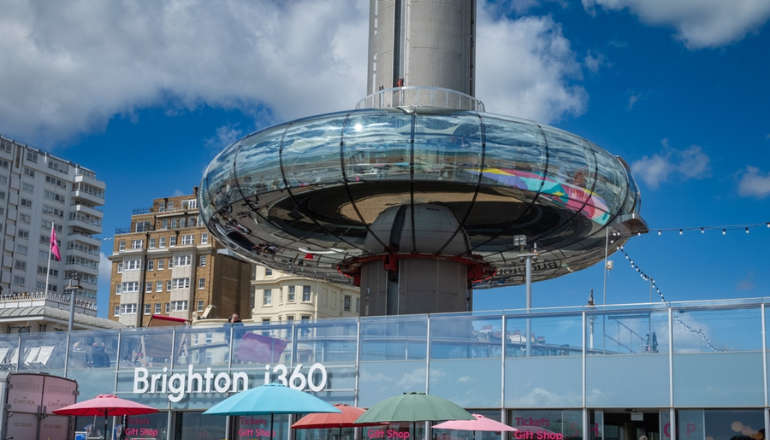 'Out Of This World' Ideas Put Forward For Future Of Brighton i360
'Out Of This World' Ideas Put Forward For Future Of Brighton i360
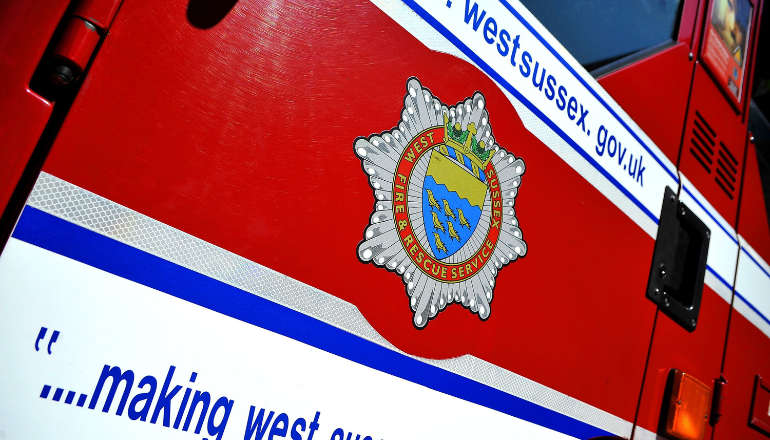 New Fire Engines For West Sussex
New Fire Engines For West Sussex